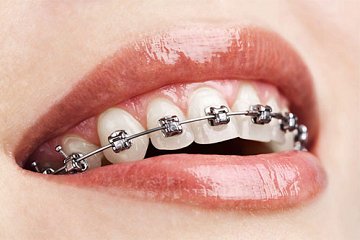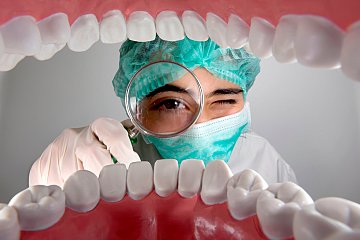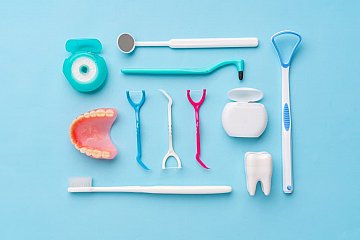
Understanding Dental Anxiety Dental anxiety affects millions of people worldwide,...
Read More

Orthodontic treatment is a transformative journey that goes beyond just...
Read More
A dental hygienist is a professional actively involved with the...
Read More
After multiple appointments and some expense, you’re out of pain...
Read More

WHAT ORAL HYGIENE PRODUCT SHOULD I USE? Have you ever...
Read More
Pregnancy causes hormonal changes, increasing your risk for developing oral...
Read More

2b/160 Hobsonville Point Road
Monday 8.00 am to 5.00 pm
Tuesday 8.00 am to 7.00 pm
Wednesday and Thursday 8.00 am to 5.00 pm
Friday 8.00 am to 4.00 pm
Saturday and Sunday Closed
*All treatment carries risks. Individual consultations are required with one of our practitioners to ensure that the treatment is right for you. Any surgical or invasive procedure carries risks. Before proceeding you should seek a second opinion from an appropriately qualified health practitioner. Contact us for more information.